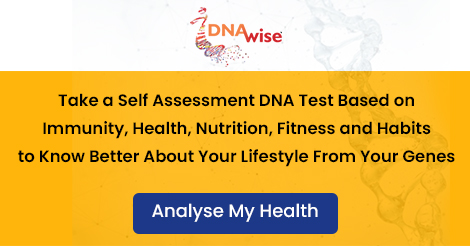Dr. Preeti Shinde
CT based tests have revolutionised medicine as they enable the physician to visualise even the deepest parts of body, in the most non invasive manner and helps catch the disease more accurately. Dr. Preeti Shinde explains at length what all this technology is about?
Indus Representative: What is a CT based test and how the procedure is carried out.
Dr. Preeti: A CT test is actually an advanced form of x-ray, where a series of several x-rays are taken in a very short span of time to view a person's body or a particular organ from various aspects and angles. It is performed in a lying down position; the patient is placed on a motorised table which goes inside a doughnut-shaped machine (called gantry) and then multiple x-rays are taken.
Indus Representative: Which all diseases or abnormalities a CT test can detect?
Dr. Preeti: A CT test can detect all possible abnormalities, anomalies and diseases except some soft tissue differentiations which would need an MRI. Also, the functional aspects like heart pumping or ejection fraction of heart cannot be captured by a CT. Otherwise all static images are accurately taken through a CT test.
Indus Representative: How helpful a CT test is as a preventive measure in detecting diseased conditions?
Dr. Preeti: It is definitely very helpful. We have seen several patients getting detected of arterial blockages in a cardiac CT and clots while doing a CT brain. Sometimes, patients do not want to go in for an invasive catheter angiogram. For them this is a more convenient and equally effective technique.
As a preventive measure, especially in high risk population, CT tests (cardiac, brain and neck CT) prove exceedingly beneficial in detecting the abnormalities and analyzing the extent of disease.
Indus Representative: People are generally little anxious of this test because of the radiation exposure? What do you have say to it?
Dr. Preeti: I won't disagree with a radiation exposure for the non-diseased patients. But for a patient, the exposure is much lesser an issue than the detected abnormality. And to get to know if the person is a "patient" or a non-diseased person, he has to undergo the test.
Radiation dose for a CT ranges from 2 to 10 mSv in one exposure, which is about the same as what an average person receives from background radiation in 3 to 5 years.
So it is entirely a patients call to do a CT or not.
Indus Representative: What is a contrast or dye used in a CT test?
Dr. Preeti: In a layman's term, a contrast is an injectable viscous liquid, almost of the consistency of castor oil. You cannot call it a drug as it does not interact with the body's metabolism. It gets excreted from the body as it is.
In some people it might cause mild allergic reactions like hot flushes, metallic taste in mouth, eruptions on the skin or skin irritation. So as a preventive measure, we always give a "test dose" before actually injecting the whole contrast material in the patient as they themselves are unaware of their allergic status to the contrast.
Indus Representative: Are there any contraindications or limitations to a CT scan and dye used in it?
Dr. Preeti: There are few absolute and some relative limitation to a CT test and use of contrast. Absolute ones are allergy to the contrast, high creatinine levels in blood and pregnancy in woman. Relative contraindications range from a high cardiac or respiratory rate, high calcium levels in the blood or if the patient gets claustrophobic inside the machine then we avoid doing it upon him.
Indus Representative: Is there an age bracket for undergoing a CT test as a preventive health checkup?
Dr. Preeti: As a preventive methodology, it is recommended for people above 35 years of age but with woman, the age bracket goes slightly higher, which is around 45 years as menstruating women have a little lower risk of heart diseases.
Indus Representative: What is the detection rate of diseases, especially coronary heart disease that you come across on a regular basis while doing a CT angio?
Dr. Preeti: I would say the rate is significantly high and it is seen that a lot of walk-in patients get detected with coronary artery disease when they come for a preventive health checkup, which they are not earlier aware of. Rather than having an infarct or a sudden heart attack, a previous knowledge of disease will keep the patient in a better position to treat and manage it well.
